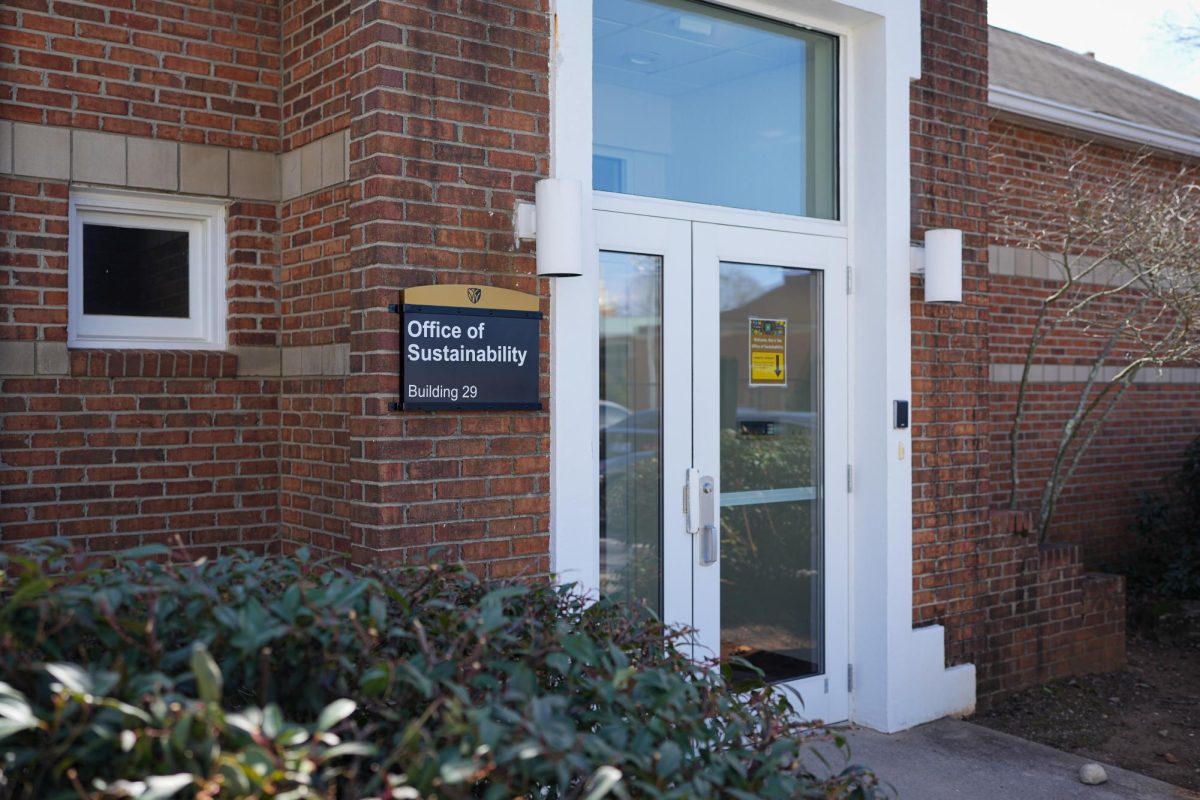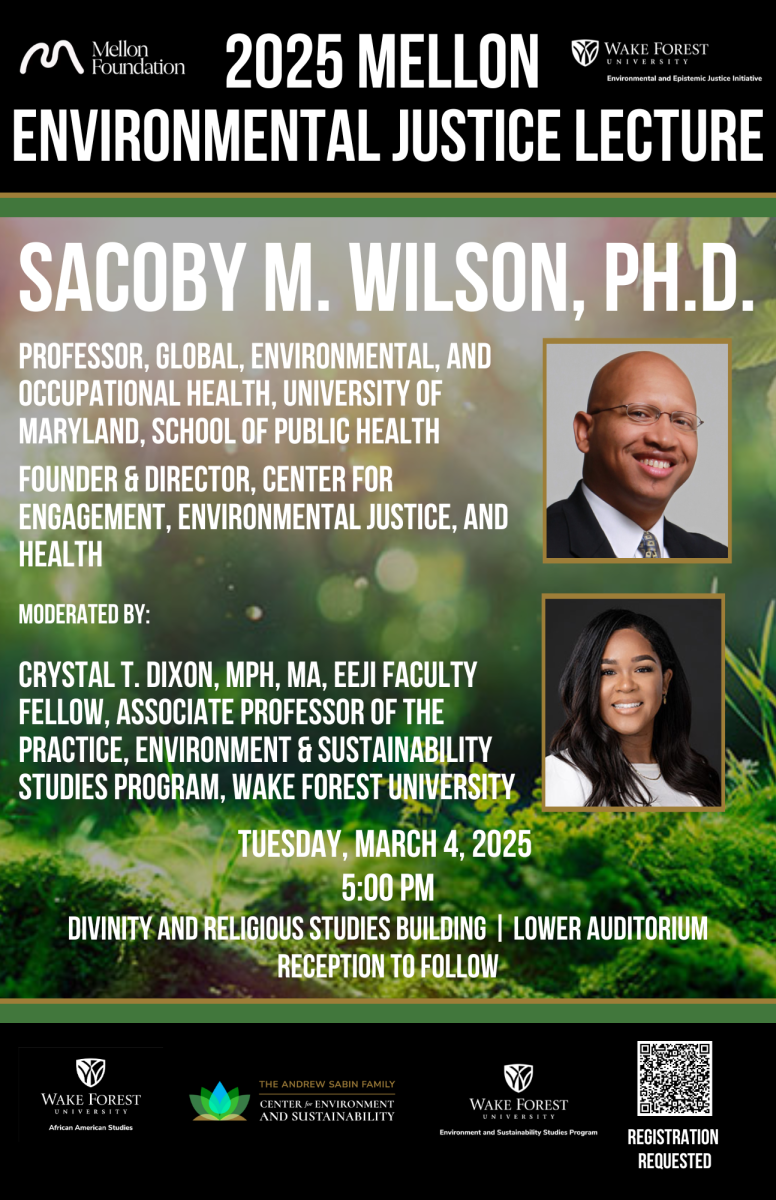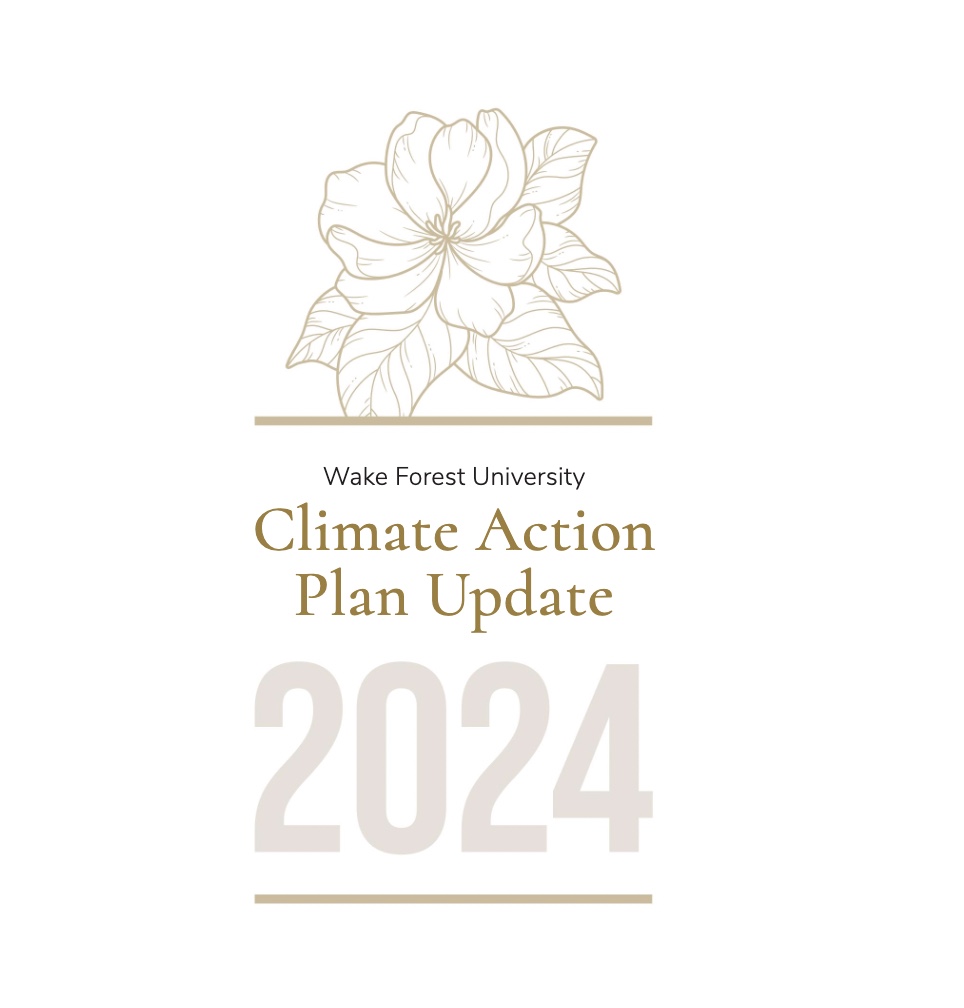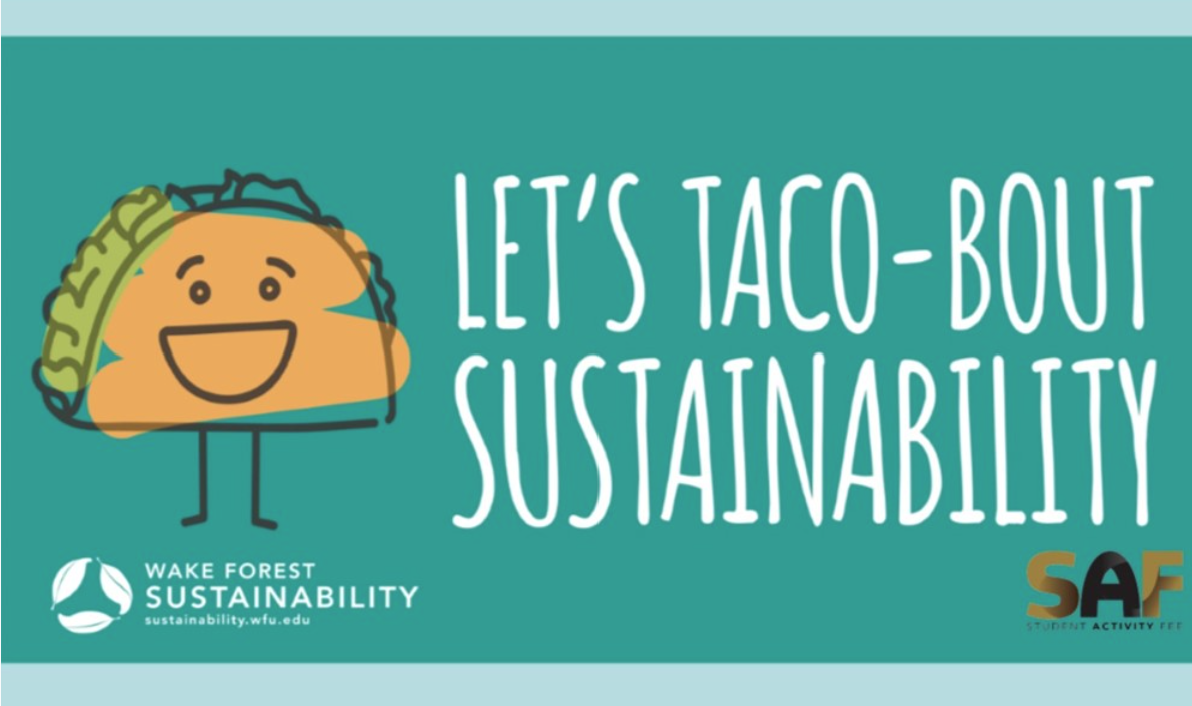On Oct. 15, the Wake Forest School of Business will officially welcome a Director of Sustainability Initiatives as part of a broader effort to further integrate sustainability into the university’s coursework — a first for the business school.
The decision to create this position was not made in isolation. Instead, the School of Business leveraged the collaborative network that has grown between the university’s environmental program and other departments across campus. Central to this network is the Wake Forest University Center for Energy, Environment & Sustainability (CEES), aimed at increasing the accessibility of sustainability and translating scientific research and technology into actionable solutions.
“CEES’s role is to be a cross-connector across the entire university,” said Dr. Stan Meiburg, the executive director of CEES and former acting deputy administrator of the Environmental Protection Agency. “Business is critical to the future of sustainability, and we’ve been working over the last several years to increase our connections with the business school.”
Understanding the intersection between business and sustainability has gained traction in recent years, reinforced by professionals in the business sector who emphasize its importance.
“People in the business world recognize that sustainability is something they have to focus on,” Meiburg said. “And by the same token, the changes that we need in the larger society of sustainability are not going to happen without business support.”
This is a relatively recent standpoint that Wake Forest has adopted, especially given the School of Business’s historical resistance to sustainability. In a 2018 article published by the Old Gold & Black, student Isabella Korntisky wrote of tension between the School of Business and the idea of prioritizing the environment.
The article went on to include a quote from Dedee Johnston, Wake Forest’s Chief Sustainability Officer at the time, stating: “The business school has some funding streams and has made very explicit strategic decisions to align itself with a particular political thought.”
According to Dr. Norma Montague, the Senior Associate Dean of Academic Programs in the School of Business, this sentiment has shifted.
“There’s a real demand for business people to have knowledge of sustainability reporting, either to engage in that reporting or to interpret it,” Montague said. “We have prospective employers who have said, ‘We want your students to have more sustainability education.’”
To achieve this, the School of Business aims to make related courses accessible to students regardless of their degree or school within the university.
“There are two sides,” Montague said. “The market is demanding that students have knowledge and skills related to sustainability, and we also think it is important for business students and for creating a more sustainable world.”
She highlighted the increasing number of positions in the corporate world requiring sustainability-related skills. In today’s job market, firms seek individuals who can interpret or audit sustainability reporting — the process of disclosing a company’s environmental goals and practices.
Wake Forest offers majors in environmental science and environmental and sustainability initiatives, as well as a minor in environmental science. The four undergraduate business majors have long lacked sustainability-related curricula in their programs, but faculty are hopeful that the Director of Sustainability Initiatives will be integral in improving this.
“I expect our new Director for Sustainability Initiatives will be a great help in terms of getting more curricular initiatives off the ground as well as fostering collaboration with other departments across the university,” said the Associate Dean for Accountancy at the School of Business.
Montague agreed.
“While Wake [Forest] students have the opportunity to pursue sustainability education through the undergraduate college and the Master of Sustainability (MAS) program, there is a strong connection with business that necessitates sustainability education across all our programs,” Montague said.
The university has previously made efforts to enhance sustainability course offerings. The MBA program tried to crosslist MAS courses to allow business students the chance to partake in sustainability curriculum. However, they encountered roadblocks when class schedules clashed, making it difficult for students to register for both their mandatory classes and sustainability courses.
“Ideally, we would like to see students with different majors in the same classroom,” Montague said.
The Director of Sustainability Initiatives will address these challenges and lead the effort to introduce sustainability coursework into the undergraduate business school. According to Montague, sustainability curriculum is expected to be integrated into the School of Business by the fall of 2026.
This move reflects a progressive step in the global culture shift towards sustainability.
“It’s consistent with the university’s mission — Pro Humanitate — it’s consistent with the school’s mission to create a better world,” Montague said. “Why now? Because the market is demanding that the students have skills in sustainability.”
The creation of the Director of Sustainability Initiatives position shows that both Wake Forest and the School of Business are committed to the mission of sustainability. Faculty are optimistic about the promise of this role and all that will ensue as a result.
“We’re really excited about this,” Montague said. “I think it’s really important for the business school and the university to partner on sustainability initiatives. It’s good for everybody.”
















